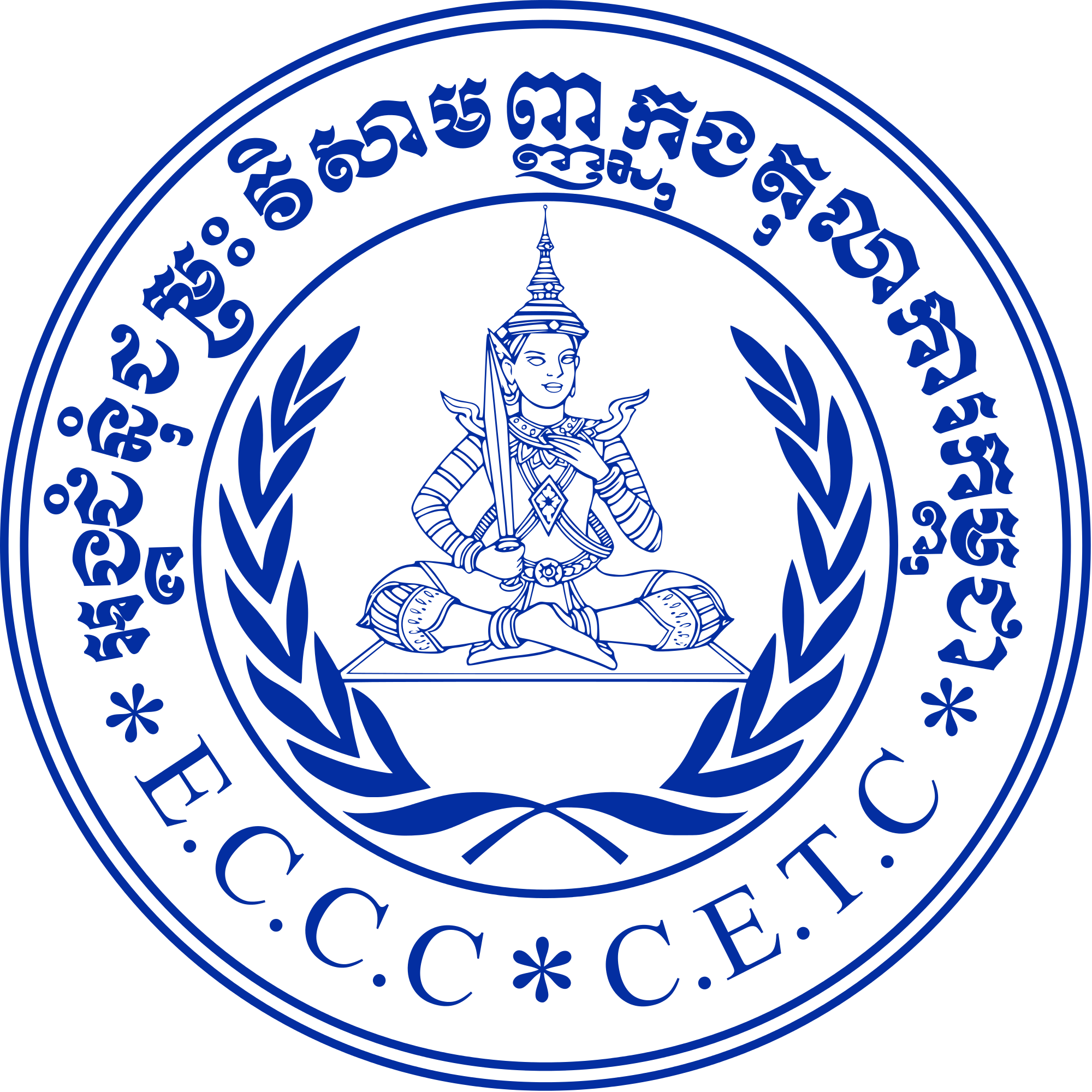Despite previously clearly finding that the conduct of the Khieu Samphan Defence is obstructing proceedings, the Chamber stated that it had no reasonable alternative but to adjourn the case until January 2015 as any effort to replace the Khieu Samphan Defence team at this time would result in a substantial delay in the trial due to questions of new counsel availability and familiarity with the voluminous case file. Having previously advised Khieu Samphan that the right to counsel of his choosing is not absolute, the Chamber announced that it would continue to pursue further steps, including the possible appointment of additional counsel and the referral of counsel’s misconduct to the appropriate professional body as per Internal Rule 38.




